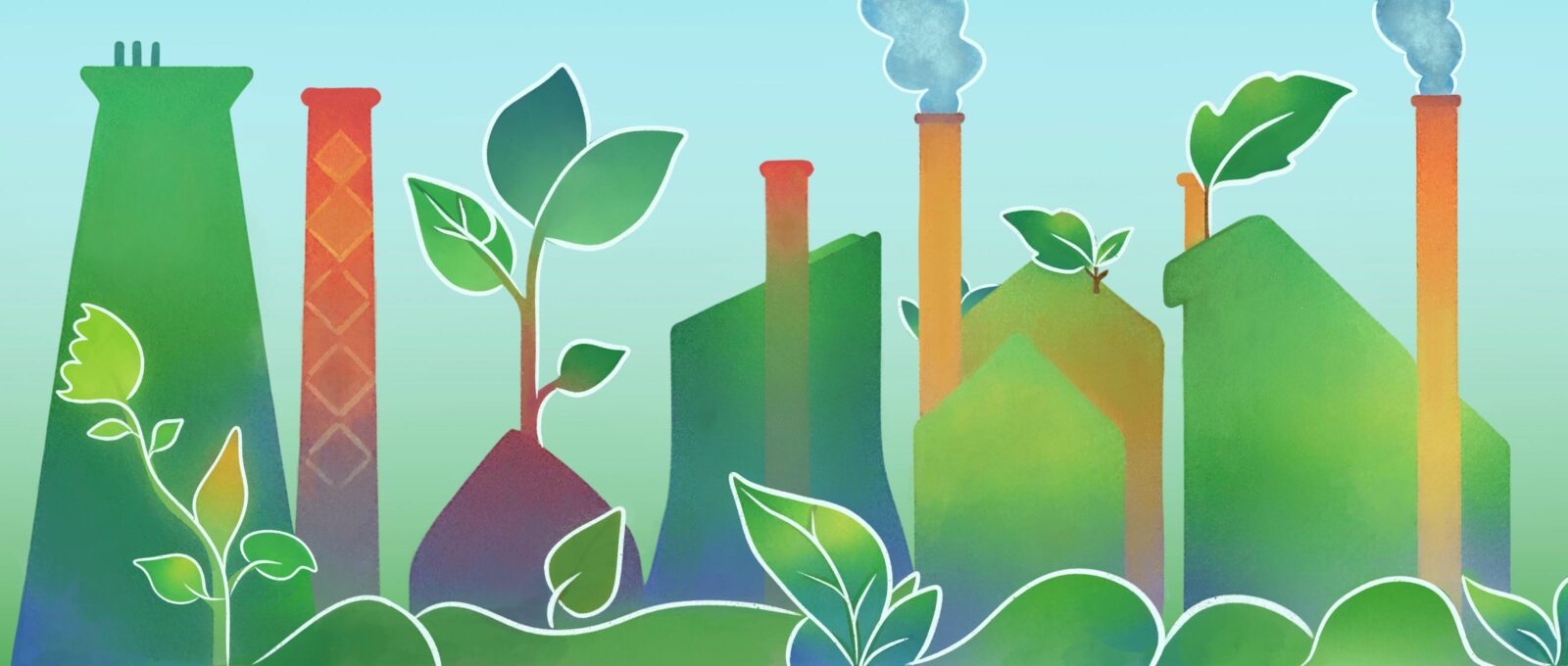The global market for green steel, or steel that is processed without relying on burning coal or energy derived from fossil fuels, is showing real promise with technological innovation slashing emissions from production and a growing number of major companies demanding low-emission steel. However, in order to accelerate the decarbonization of the industry, increased investment and stronger net zero commitments from steelmakers are required this year.
Shifting to clean steel will require steel users to demand it. Since the automotive industry accounts for 12% of global steel demand, automakers will play a crucial role in speeding up the shift to clean steel. SteelZero, an initiative led by Climate Group, is working with demand side companies to set industry ambition, showcase leadership and shape best practice. In the automotive sector, Volvo Cars, Polestar and SKF have made the SteelZero commitment to use 50% low-emission steel by 2030 and 100% net zero steel by 2050, alongside over 40 other global companies including Maersk, Iberdrola, Mace, Lendlease and CIMC TCREA.
Steel producers are listening to their customers. up to 32 companies have launched green steel projects already. But the number of projects needs to be more than doubled by 2030. Meanwhile, agreements between steel buyers and producers, such as Volvo Cars and SSAB showcase how demand can drive action.
Policy is catching up as well. The EU implemented its Carbon Border Adjustment Mechanism (CBAM) that will slap higher costs on imported steel with higher emissions than domestic steel.
This is expected to cover cars and other steel-containing products in the future. Negotiations around the Global Arrangement on Sustainable Steel and Aluminum (GASSA) between the EU and the US could see barriers to prevent higher emission steel being imported into the US. Meanwhile, China has introduced incentives to increase the electrification of domestic steel production and improve scrap use.
With demand for clean steel growing at pace and favorable global policy facilitating a shift in the market, automakers need to get on board now or risk falling behind.
